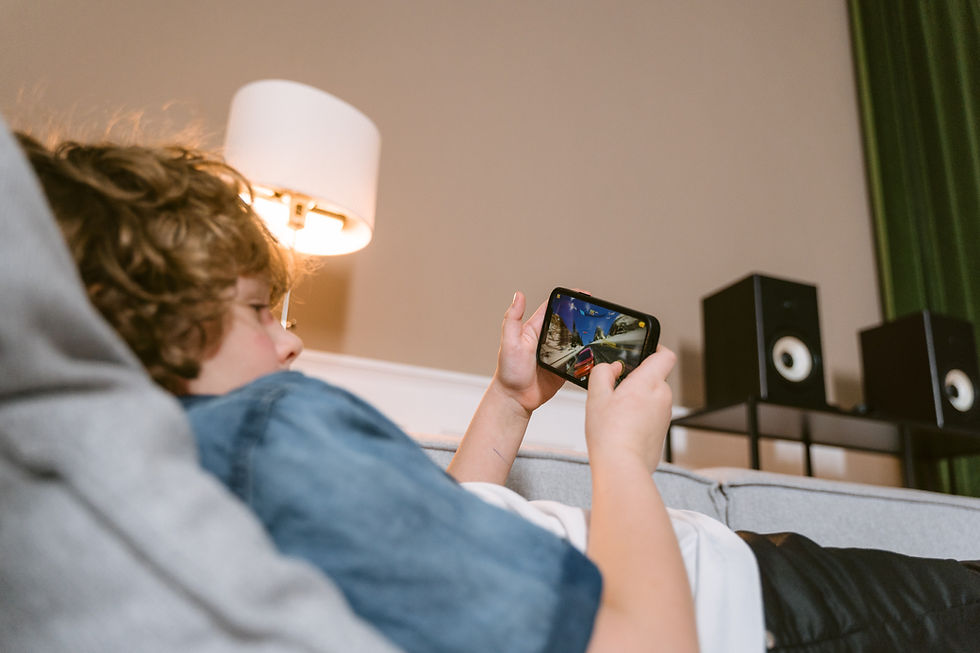Please Don't Be Mad Mom
- coachcarolmoore
- Mar 27, 2024
- 3 min read

“Please don’t be mad, mom, but”… This was how the text from my son started. “I got another speeding ticket” was how it continued. He had been driving for five years, and this was speeding ticket number three.
So many thoughts ran through my head, and not all of them were good. My first thoughts were clearly rooted in fear: “What is he thinking? This is going to cost a fortune! What is it going to take for him to learn?” I didn't text or speak any of these initial thoughts to him. Thankfully.
I took a breath. I paced the kitchen floor where I was standing when I first got his text. And then my next thoughts came to me: “I'm so grateful he wasn’t in an accident. I’m glad he felt safe enough to text me to let me know right after it happened. I exceed the speed limit all the time. He must feel terrible.”
Responding from my first thoughts would have been a mess. It would have been reactive–emotionally based. It would have been a chance for me to vent and to relieve the pressure of my own feelings. Not actually productive or helpful. But by pausing for just a couple of minutes before texting him back, the response he got was rooted in grace. I knew he was bummed. I knew he was remorseful. He was probably filled with shame and embarrassment. He didn’t need my words or opinions to evoke these feelings in himself. It could just as easily have been me getting the ticket.
I am an ally for my kids, not the opposition. This doesn’t mean that I like or condone everything they do, it just means that we will figure things out together. That I will help them to find solutions when problems arise, but I will also allow them to learn from their mistakes. There were certainly natural consequences he was going to experience from getting this third speeding ticket. He knows that he will have to pay any fines incurred from the citation. He knows that he has to pay for the increase in his insurance premium. These things were all made clear when he first got his driver's license, so there was no confusion about expectation and accountability. Hopefully, and most importantly, he realizes that he is driving too fast which could result in much more serious consequences.
I called him back to hear the story about what happened. He was upset and had a lot to say so I just listened. There were things that would need to be sorted out, and we talked about what steps would need to be taken. There was no reason for me to say anything to make him feel any worse than he already did. My role is to guide my boy as he is learning about some of the hard things that come up in life. Not to remove the obstacles, but to help him navigate his way through and around them.
Our kids are going to mess up a lot. They're supposed to. This is how they learn pretty much everything that’s important. They don’t need us to emphasize their mistakes. They don’t need an exclamation point after their problem from us highlighting their imperfection. They need a safe place to process this stuff. Not a judge or a jury, but someone who will counsel, support, and walk alongside the messes. As parents, we have accepted this incredible privilege of mentoring our children. Let us never misuse this privilege with judgment or condemnation. Not even subtly. Let us never forget that our kids have not mastered life or growing up or being human. Because we haven’t even done that.



Comments